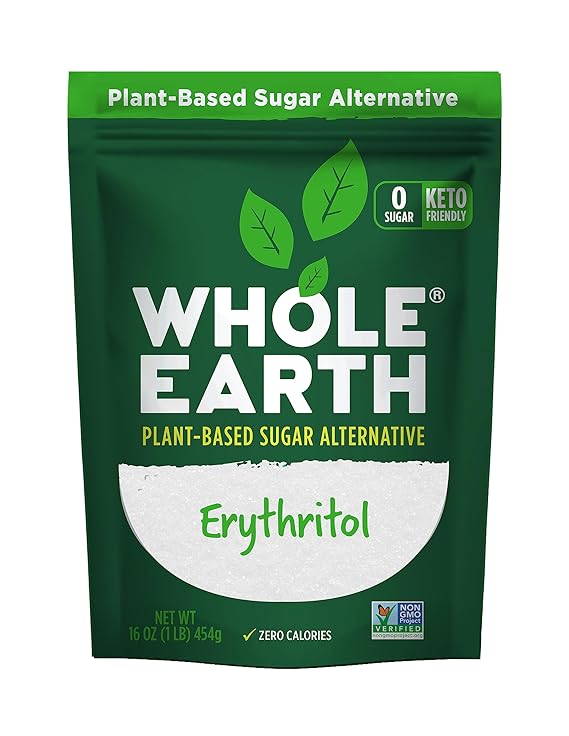While more research is needed to fully understand the long-term effects of erythritol, these recent findings suggest that its widespread use in our food supply may be cause for concern. As we await further studies, it’s prudent to approach erythritol and other artificial sweeteners with caution, prioritizing whole, unprocessed foods in our diets.
Heart Health Worries
So, here’s the scoop: a study from the Cleveland Clinic led by Dr. Stanley Hazen has found a pretty alarming connection between erythritol and heart problems. People with higher levels of erythritol in their blood were about twice as likely to have heart attacks or strokes over a few years compared to those with lower levels. Yikes!
The researchers discovered that erythritol might make your blood clot more easily, which is definitely not something you want. In lab tests, it made human platelets (the cells that help your blood clot) more sensitive to signals that tell them to clump together. And in animal studies, it sped up blood clotting and blocked arteries. Not good news for your ticker!
It’s Everywhere!
One of the scariest parts? Erythritol is super common in a lot of foods, especially those marketed as “sugar-free” or “keto-friendly.” You’ll find it in:
- Sugar-free snacks
- Diet drinks
- Foods for diabetics
- Keto products
- Sweeteners like stevia and monk fruit
The tricky part is that it often doesn’t even show up on nutrition labels, making it hard to know how much you’re consuming. Sneaky, right?
Other Things to Watch Out For
Besides heart health, there are a couple of other issues to consider with erythritol:
- Digestive Drama: Just like any other sugar alcohol, consuming too much can lead to bloating, gas, and even diarrhea.
- Long-Term Effects Unknown: You can’t trust the FDA on their classification of “Generally Recognized as Safe”, there aren’t many long-term studies on erythritol. So, we don’t know all the potential effects it could have on our health.
Mixed Messages
It’s kind of ironic because erythritol has been marketed as a healthier option, especially for diabetics or anyone trying to lose weight. It doesn’t spike blood sugar or insulin levels and is often said to be good for your teeth. But with the new findings about heart risks, those benefits might not outweigh the potential dangers.
What Should You Do?
With all this going on, it’s best to stay away from this ingredient. Instead of sweetening your food using artificial sweeteners, go for naturally sweet foods that can be enhanced with other natural ingredients.
In short, while erythritol has been a popular sugar alternative, recent studies suggest it might not be as safe as we once thought. Until more research comes out, it’s probably smart to be a bit wary and focus on whole, unprocessed foods. Stay healthy!


Leave a Reply